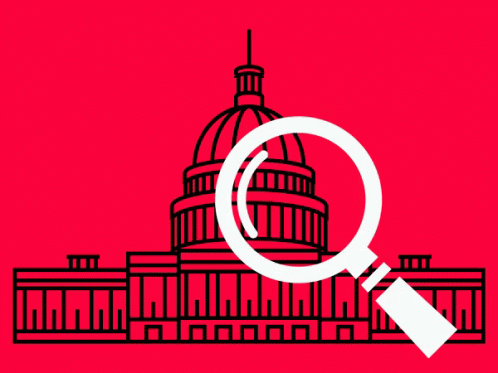
Indonesia is gearing up to test the waters of blockchain technology, specifically in its public service sectors. Tuhu Nugraha, an adviser to the Indonesian government on blockchain and metaverse technologies, revealed that the nation is on the brink of initiating trials to integrate blockchain technology into public service applications.
This move comes on the heels of the country’s recent launch of a government-endorsed cryptocurrency exchange. With such initiatives, Indonesia is positioning itself as an emerging crypto and Web3 technology hub in Southeast Asia.
During the Blockchain Economy Summit held in Dubai, Cointelegraph had the opportunity to engage with Grace Sabandar, the co-founder of the Indonesia Blockchain and Metaverse Center (IBMC), and Tuhu Nugraha from the Indonesia Applied Digital Economy and Regulatory Network (IADERN). The discussions revolved around the evolving landscape of digital assets, blockchain, and the metaverse in Indonesia.
Sabandar emphasized the significant role of Indonesia’s youth in the country’s tech adoption. Given that a substantial portion of Indonesia’s 270 million population is young and tech-savvy, the nation has become a dominant player in the Web2 space, particularly on platforms like Facebook and Instagram.
Building on this foundation, Sabandar envisions Indonesia as a frontrunner in the Web3 domain. She stated, “We want to be the leader, not only the user of technology, because now, because of the decentralization, anybody can do something, anybody can create something.”
The IBMC, under Sabandar’s leadership, is actively collaborating with diverse sectors, including the government, private entities, media, and academia, to spread awareness about Web3 and its potential benefits.
Nugraha, shedding light on the government’s approach, mentioned that the Indonesian authorities are keen on fostering a collaborative environment with blockchain-centric associations. The goal is to delve deep into blockchain experiments and understand its potential ramifications across different sectors. He said, “They want the regulation to stimulate innovation rather than just wanting to give it like a lot of rules.”
One of the most anticipated trials is the application of blockchain for digital certificates, specifically in land ownership and educational competencies. Nugraha is optimistic that blockchain’s intrinsic properties can offer a solution to certificate fraud, enabling the government to validate the genuineness of various digital certificates through on-chain data.
This article is for information purposes only and should not be considered trading or investment advice. Nothing herein shall be construed as financial, legal, or tax advice. Bullish Times is a marketing agency committed to providing corporate-grade press coverage and shall not be liable for any loss or damage arising from reliance on this information. Readers should perform their own research and due diligence before engaging in any financial activities.











